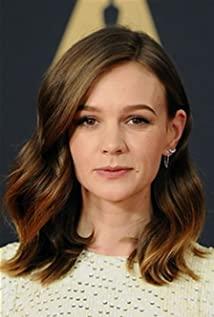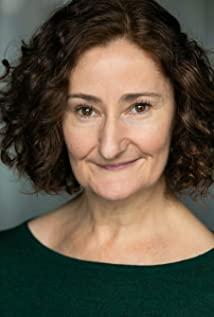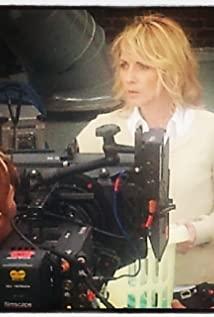Watching it together with the documentary of the same name can help to better understand the life background of the beginning of the feminist movement and feminist pioneers. When equal rights cannot be achieved time and time again through peaceful means, violence has devolved into homemade bombs, even though women have avoided public harm as much as possible. The documentary asks who should have a voice in society? Is it possible to use any means to achieve an end? What would you do to defend your rights? What I want to say is that when it is found that the weak and the life are easily deceived, decision makers, power people, and thinkers must cherish and value the direction you point out and all the inflammatory words that come out of your mouth. Adherents also need to show your attitude more carefully. If you follow piously and think independently, tragedies and mistakes may be avoided more.
In 1918, women over the age of 30 had the right to vote. In 1925, the law recognized the right of mothers to their children. In 1928, women had the same right to vote as men. In 1893, New Zealand first had the right to vote. .
Compared with the feminist pioneers who acted as narrators in the documentary, the tiredness on the faces of the women in the film, the scars on their bodies, and the weakness of long-term labor make us more touched. It touches the ordinary and tenaciousness of women, touches the power of human beings in the face of fate and struggles, and touches the propositions under countless words about freedom, dignity, peace, defense and other justice that make people yearn for.
View more about Suffragette reviews











